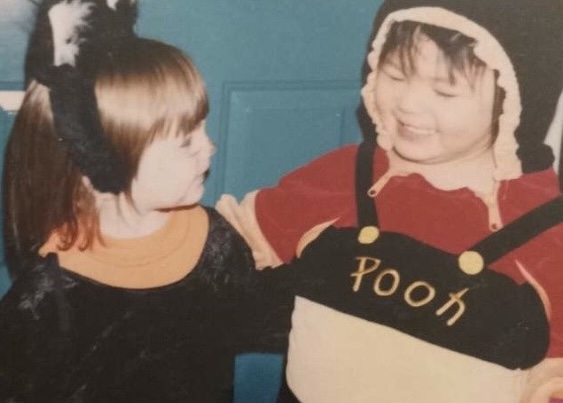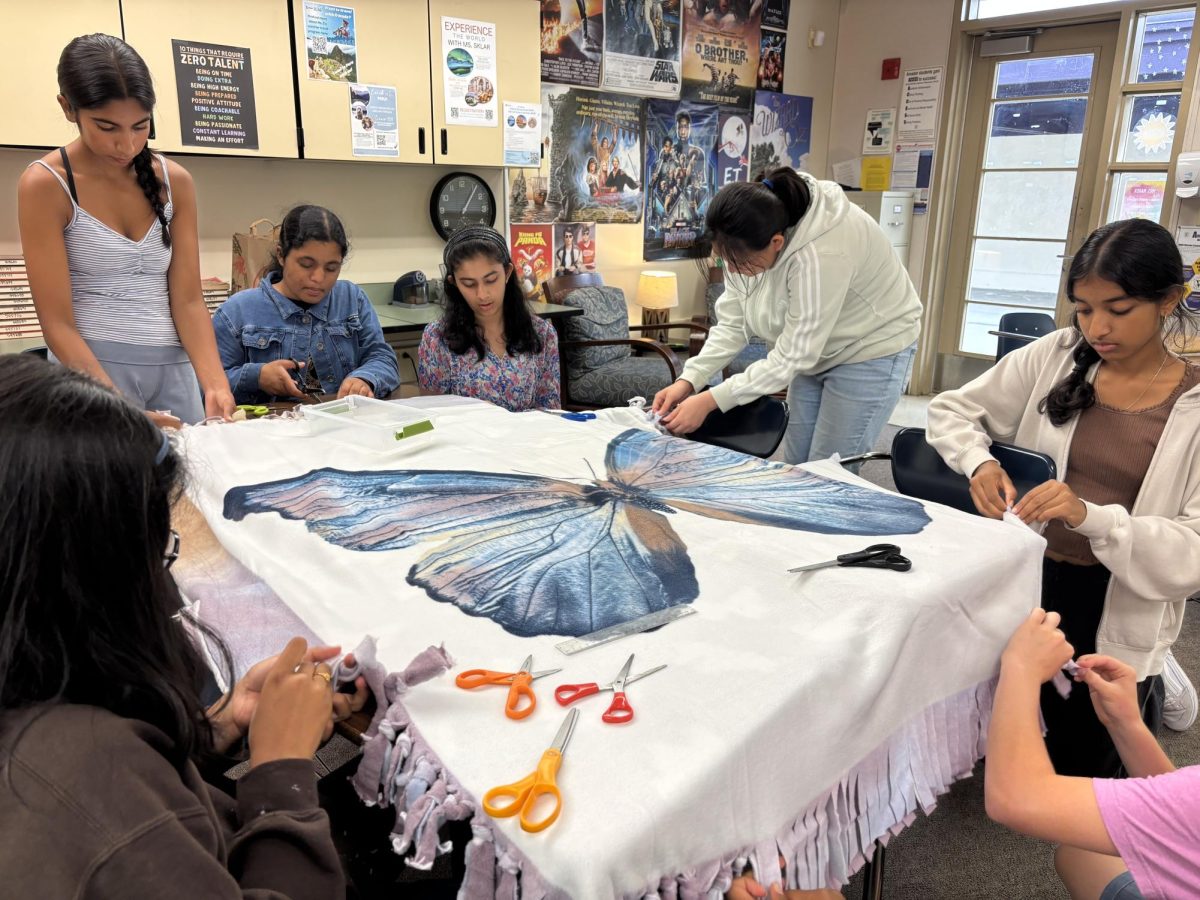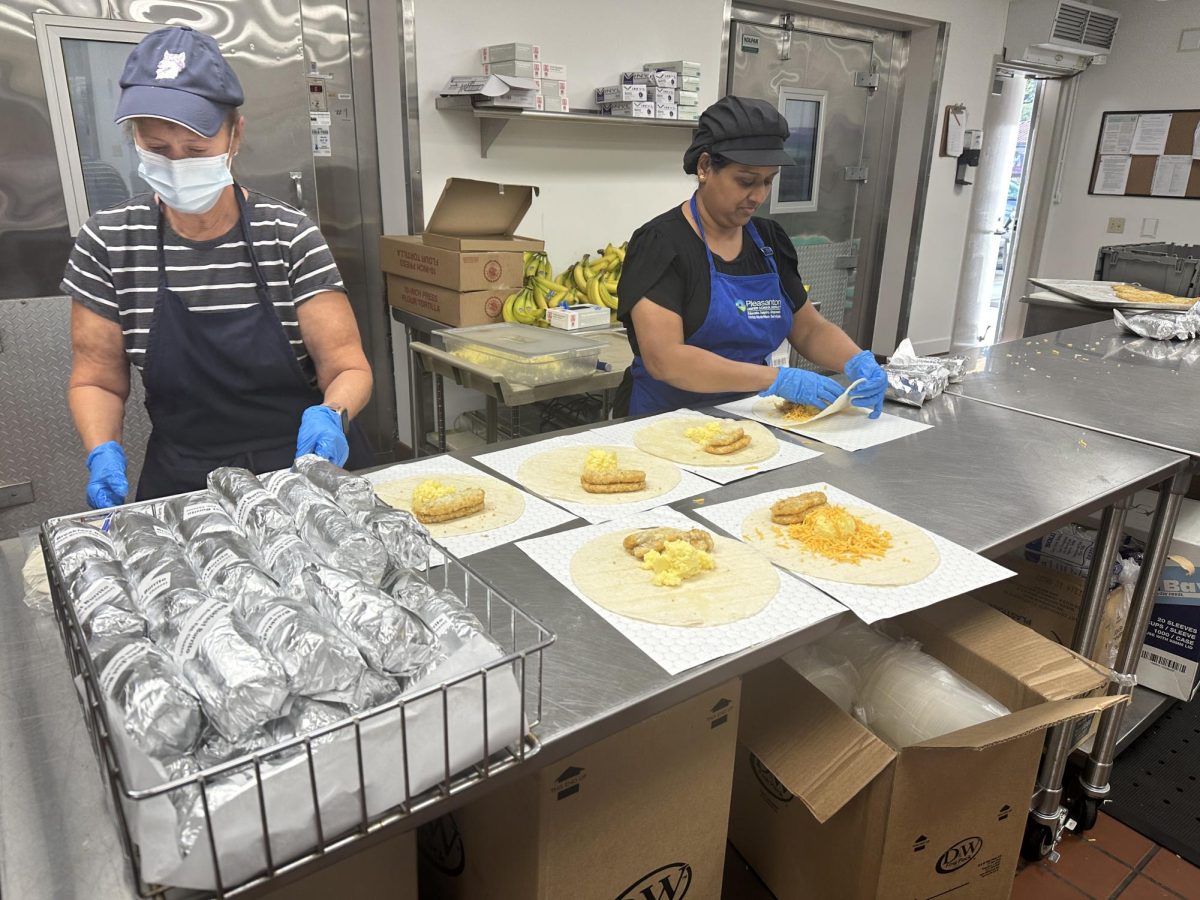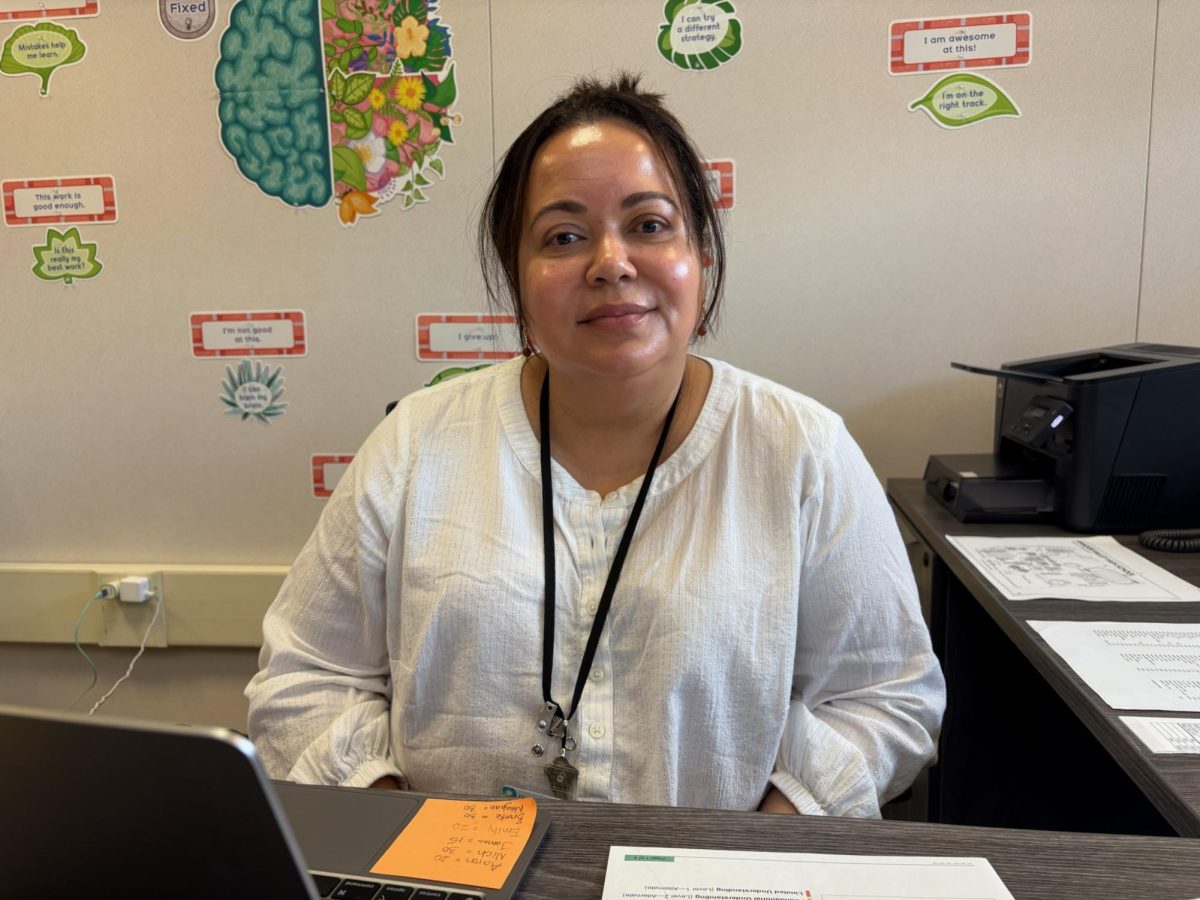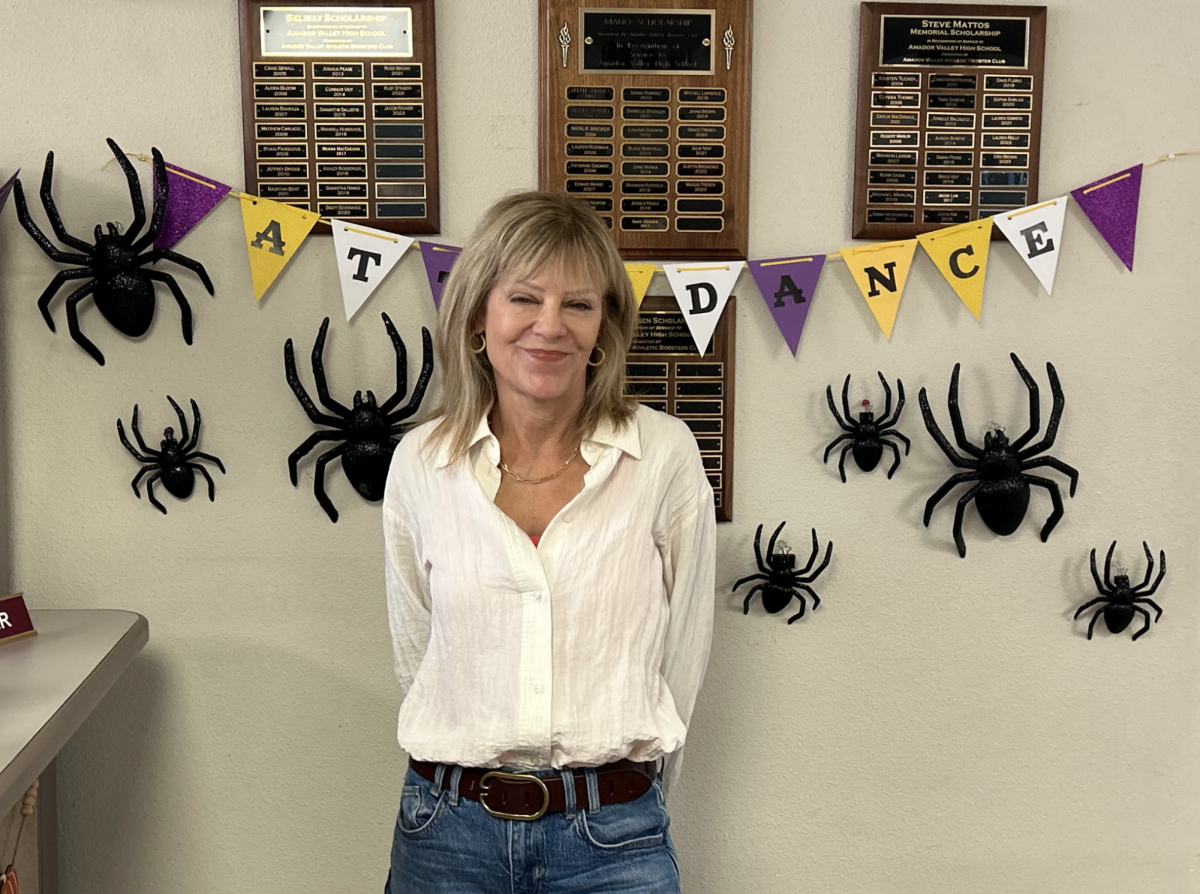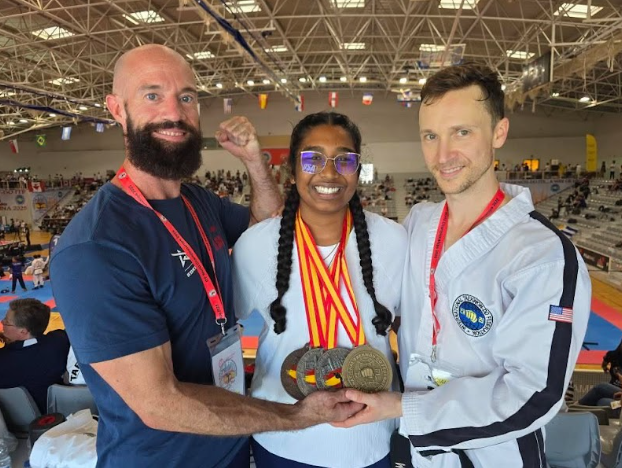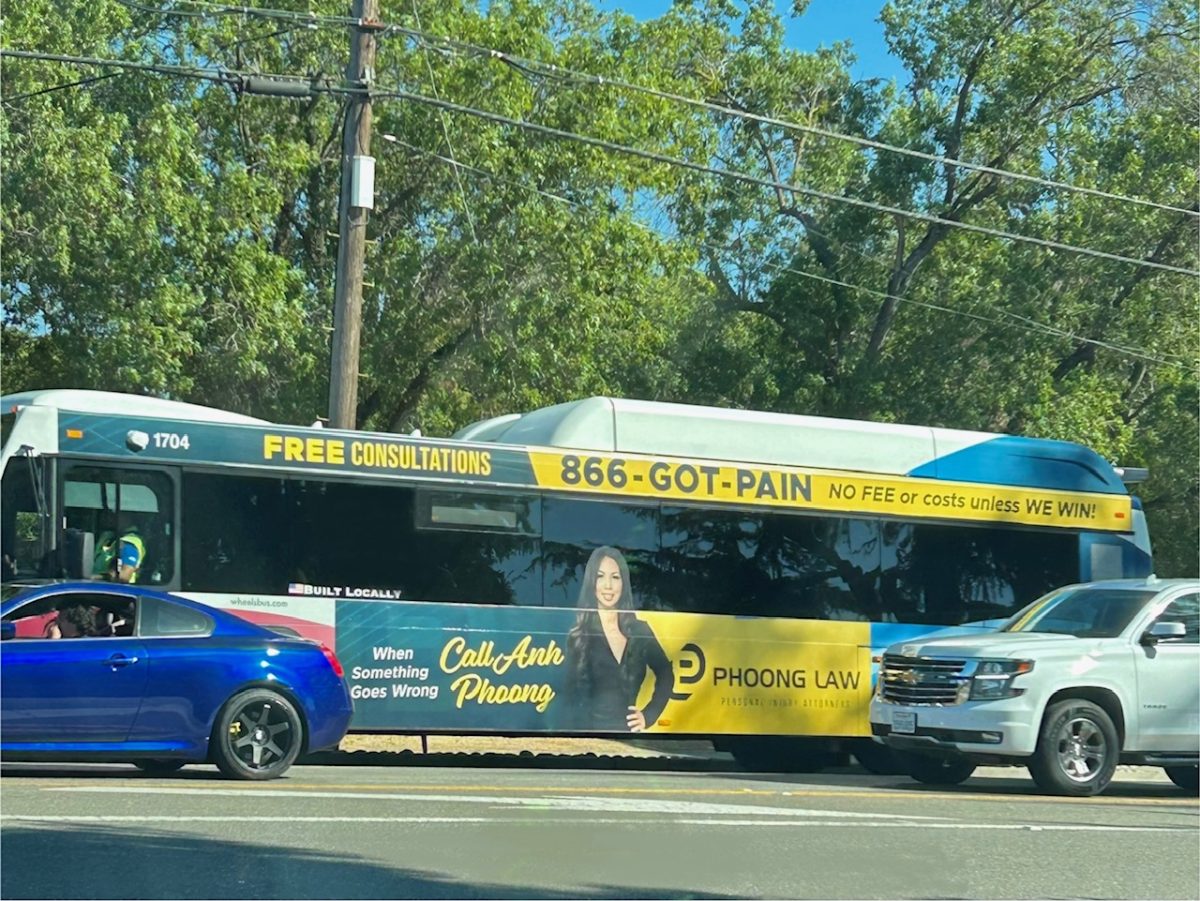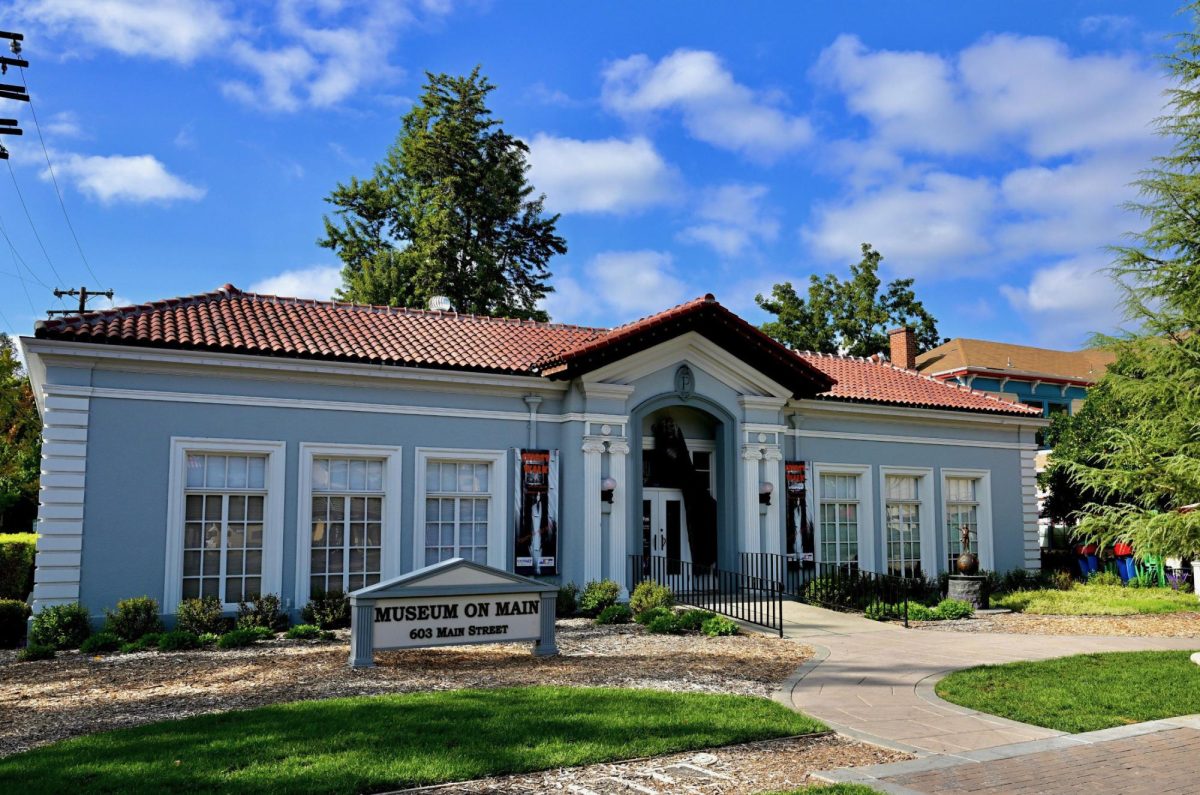As summer approaches and students begin searching for jobs, Amador Valley teachers are reflecting on their own first work experiences—offering wisdom and encouragement to those stepping into the workforce for the first time.
First Times
“My first ever job was working at the Golden Skate in San Ramon. They needed help on Friday and Saturday nights because no one wanted to work those shifts. The crowds could get rough, so they really needed all hands on deck,” said AV English teacher Peter Robbins.
Robbins landed the job through a friend—showing how personal connections can open doors to new opportunities. Beyond that, he believes success in the job search comes down to persistence and professionalism.
“Be persistent, be professional, speak correctly, and represent yourself with confidence. Smile and don’t take no for an answer, without being too aggressive. Just keep following up. If it doesn’t work out, don’t get down, keep trying for something else. It’ll work out,” said Robbins.
For some teachers, getting that first job meant passing a test—literally. Math teacher Kyle Riddle recalls that his first job required more than just filling out an application; it also demanded physical skill and certification, making the process more selective than a typical teenage job.
“My first job was a lifeguard at the Pleasanton Aquatic Center. You had to pass certain tests and swimming abilities, so the applicant pool was smaller. It wasn’t super hard for me back then, but it might be harder now,” said Riddle.
Like Robbins, Riddle emphasized the importance of being personable and proactive in the job hunt. He believes that making a strong first impression and showing genuine interest can set applicants apart.
“Any good employee is someone who can talk to people and work well together in groups. Introduce yourself to managers or people involved in hiring. If you can do that, you’re more likely to move forward in the interview process,” said Riddle.
Dream Motivation
Though his younger self was focused on financial stability, Riddle eventually found a deeper motivation that led him to his current career.
“At first, I just wanted a job that could support my family and the things I care about. But once I got older, I realized teaching was the first job I truly wanted. It became my dream job,” said Riddle.
Meanwhile, Mr. Milton, an Economics and U.S. History teacher, got his start at a community college bookstore in Sacramento—a role that introduced him to the process of applying for a job in person.
“It was definitely a new process. I had to fill out a paper application and go in to apply. Compared to online jobs I applied for later, it was definitely more personal,” said Milton.
Milton now encourages students to take a multi-pronged approach when applying for work—blending in-person visits with online applications.
“Make sure they can put a name to a face. Apply online, but also go in. Try to tackle it from all angles so they recognize you and you stand out,” said Milton.
For him, the desire to teach was shaped by his own childhood experiences.
“I remember being in her classroom sometimes. It was fun to watch her teach, and the older I got, the more I realized I wanted to do that too,” said Milton, reflecting on his mother, who taught kindergarten and first grade.
Whether at roller rinks, pools, or bookstores, these educators learned essential life skills long before they ever stepped into a classroom. Their stories serve as a reminder that summer jobs are more than just a paycheck—they are stepping stones toward confidence, resilience, and even future careers.
“Don’t be afraid to get out there. Your first job could teach you more than you expect,” said Robbins.


